Lincoln Emancipated: The President and the Politics of Race
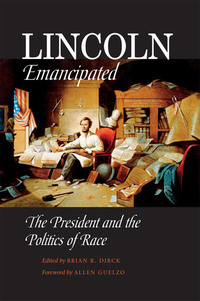
Summary
Abraham Lincoln has long been revered by blacks and whites alike as the "Great Emancipator." In recent years, however, this image has come under assault by scholars who question Lincoln's commitment to racial equality and who assert that he was in fact, as Frederick Douglass once noted, the "white man's president." Such arguments challenging deep-seated assumptions about our nation's beloved leader demand serious investigation. What personal beliefs did Lincoln hold about the inherent differences or similarities between blacks and whites? How did his vision for race relations change as a result of the Civil War? What political, legal, and cultural circumstances prompted him to issue the Emancipation Proclamation? And in what ways have Americans chosen to remember Lincoln's legacy? Does he truly deserve his fame as the "Great Emancipator?" In this volume, seven historians attempt to answer these critical questions. Kenneth J. Winkle analyzes the racial climate of the early nineteenth-century Midwest in order to place Lincoln's views in context. Kevin R. C. Gutzman discusses the influence of Thomas Jefferson's racial politics upon Lincoln; and James N. Leiker scrutinizes Lincoln's attitudes toward Native Americans, Asians, and Hispanics as well as toward blacks. Phillip S. Paludan and Brian Dirck describe Lincoln's tortured deliberation over emancipation, while Dennis K. Boman uses Missouri as a case study of the president's delicate handling of this explosive issue. By tracing the changes in Lincoln's proposals for the future of liberated slaves, Michael Vorenberg argues that, despite what many Americans today would consider limitations, Lincoln demonstrated a remarkable open-mindedness and capacity for growth. Allen C. Guelzo opens the volume with a thought-provoking foreword.
Similar Books
-
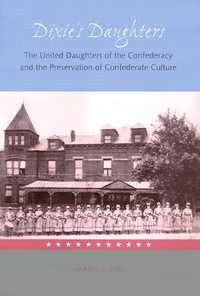
-
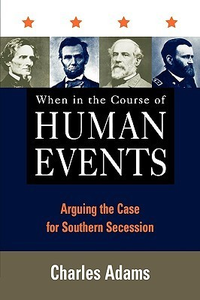
-
 The Battle for New York: The City at the Heart of the American Revolution
The Battle for New York: The City at the Heart of the American Revolutionby Barnet Schecter
-
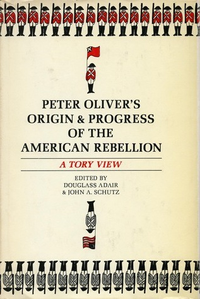
-
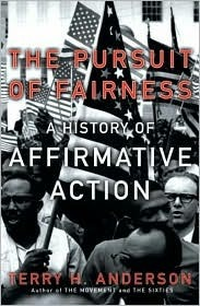 The Pursuit of Fairness: A History of Affirmative Action
The Pursuit of Fairness: A History of Affirmative Actionby Terry H. Anderson
-
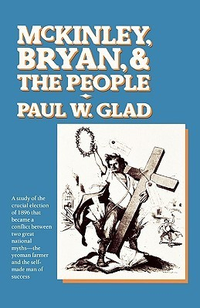 McKinley, Bryan, & the People
McKinley, Bryan, & the Peopleby Paul W. Glad
-
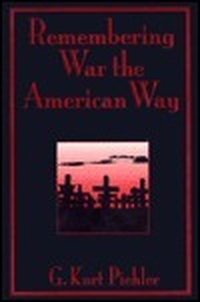 Remembering War the American Way
Remembering War the American Wayby G. Kurt Piehler
-
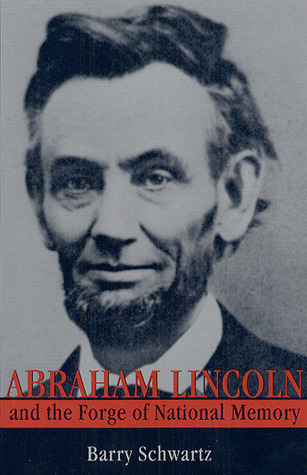 Abraham Lincoln and the Forge of National Memory
Abraham Lincoln and the Forge of National Memoryby Barry Schwartz
-
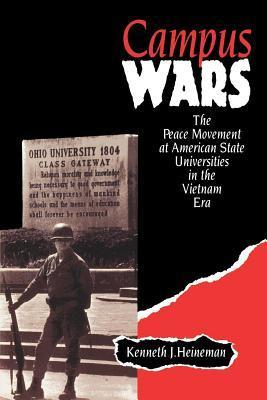 Campus Wars: The Peace Movement At American State Universities in the Vietnam Era
Campus Wars: The Peace Movement At American State Universities in the Vietnam Eraby Kenneth J. Heineman
-
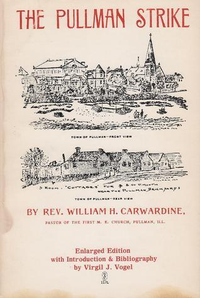 The Pullman Strike
The Pullman Strikeby William Horace Carwardine
-
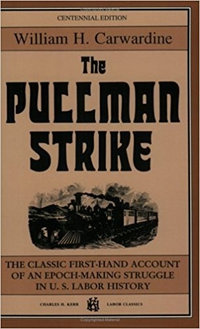 The Pullman Strike: The Classic First-Hand Account of an Epoch-Making Struggle in U.S. Labor History
The Pullman Strike: The Classic First-Hand Account of an Epoch-Making Struggle in U.S. Labor Historyby William Horace Carwardine
-
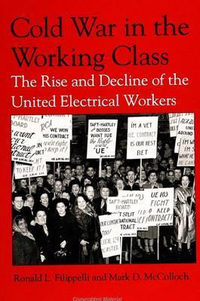 Cold War in the Working Class: The Rise and Decline of the United Electrical Workers
Cold War in the Working Class: The Rise and Decline of the United Electrical Workersby Ronald L. Filippelli
-
 Dilemmas of Presidential Leadership: From Washington Through Lincoln
Dilemmas of Presidential Leadership: From Washington Through Lincolnby Richard J. Ellis
-
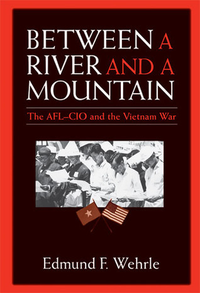 Between a River and a Mountain: The AFL-CIO and the Vietnam War
Between a River and a Mountain: The AFL-CIO and the Vietnam Warby Edmund F. Wehrle
-
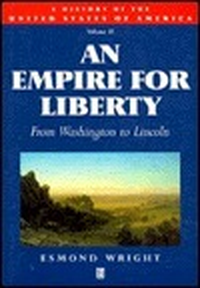 An Empire for Liberty: From Washington to Lincoln, Volume II
An Empire for Liberty: From Washington to Lincoln, Volume IIby Esmond Wright
-
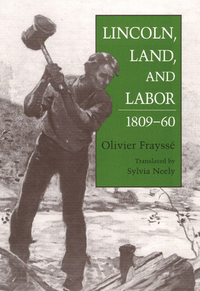 Lincoln, Land, and Labor, 1809-60
Lincoln, Land, and Labor, 1809-60by Olivier Fraysse